In 2009 JJ Abrams directed the first of a new series of Star Trek films, creating an alternate time-line. Unlike other series, this film recast the characters with younger actors (with an appearance by Leonard Nimoy’s Spock). What were your thoughts of the “Kelvin “series in general and do you think that the characters can successfully be portrayed by other actors?
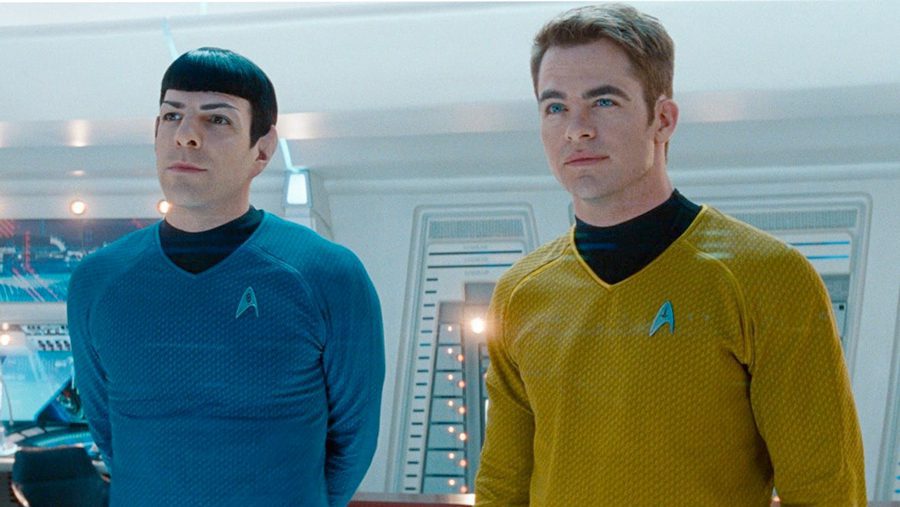
Image courtesy CBS/Paramount
John Trimble: It was a brilliant stroke for Abrams to come up with an alternative reality for The Original Series. I just wish he hadn’t followed up with Into Darkness.
Jeff Bond: I think the most amazing accomplishment of the Abrams movies is that they more or less successfully recast those three characters, which I would have thought impossible. And I also think that Abrams in the short term made a convincing argument for Star Trek to work as a grade A blockbuster instead of as the lovable little B-movies the previous films had been after the 1979 movie.
If you’re a Star Trek fan you are born to quibble over technical details and the Abrams movies provided fans with a feast of things to complain about on that level–to me they got some of the details so wrong that I just had to chuckle, shrug and move on. But especially on the first film I felt they got a lot of the drama absolutely right, and got back to the adventure aspect of Trek, fistfights and all, that I still loved and missed a bit–you couldn’t put 65-year-old Nimoy in a fistfight, so the original cast movies in particular were often short on action. But there were also moments of drama that I felt really worked–Spock watching his mother die right before his eyes and even the reveal of the character’s relationship with Uhura, which I took as a kind of fascinating character flaw.
Even in the second movie, the moment where Kirk announces to the crew that he’s changing the mission because he’s become troubled by the morality of assassinating the terrorist who killed Pike–that is pure Star Trek, a pure Kirk moment. After that I think it does go off the rails–they never quite figured out what they wanted to do with Khan (it’s Peter Weller who makes for a satisfying villain), and by the third movie I think it no longer makes an argument for why it needs to be a MOVIE–although it’s more palatable to fans, it plays more like an average TV episode.
Carol Pinchefsky: I like the actors, and I found them all to be excellent 21st century equivalents of their 20th century counterparts. It’s the Kelvin timeline itself that I have a problem with.
Star Trek had already established that there aren’t branching timelines. As we saw in “The City on the Edge of Forever”, if you change the past, you have to change it back again to assure the future. The Kelvin timeline breaks Star Trek’s own rules.
I would rant more, but I prefer to concentrate on what I love about Star Trek, not what I dislike.
Peter Briggs: Again, I agree with Jeff about the casting of the leads in the Abrams version. I love the 2009 movie, but my major beef with it, is the central plotline is really a remake of Wrath Of Khan (which is even more ironic given that Khan turns up later the bad guy in Into Darkness) Big Bad comes back years later to wreak revenge on an Enterprise crew-person who previously did-them-wrong, via the aid of a superweapon that in the wrong hands can destroy whole planets? It even has a “creepy creature in your ear” scene. Outside of that niggle, that first film is just great fun. Giacchino’s “Enterprising Young Men” score is just masterful. Although I cringe at how illogically cavernous the interior of the Enterprise is, and that Budweiser Beer Factory engine-room makes no sense.
The next two films? Oh, boy. How long do we have here?
Rich Handley: I’ll admit these movies were a hard sell for me when I first heard about them. Younger, sexier actors playing Kirk and company, with technology far surpassing that of the 1960s? Retelling the five-year mission instead of moving on to something new? I was frankly worried that a lot of fans would reject the idea–and a lot did, though a whole lot more embraced it, me included.
The new casting was surprisingly effective. Chris Pine plays a fantastic Kirk without lampooning Shatner. Zachary Quinto, while lacking Nimoy’s gravitas, looks and acts the part and is a gifted actor. He was my choice for Spock, in fact, before the casting had been announced, as I’d loved his performance on Heroes and had several times thought, “Gheez, this guy looks a lot like Leonard Nimoy.” And the late Anton Yelchin, despite not looking like Walter Koenig, is marvelous in the role (his very different appearance can easily be explained since the two Chekovs are different ages, so they must have spawned from different genetic combinations).
Karl Urban, meanwhile, steals the films as McCoy, providing the most accurate channeling of an Original Series actor among the entire bunch–he simply IS DeForest Kelley.
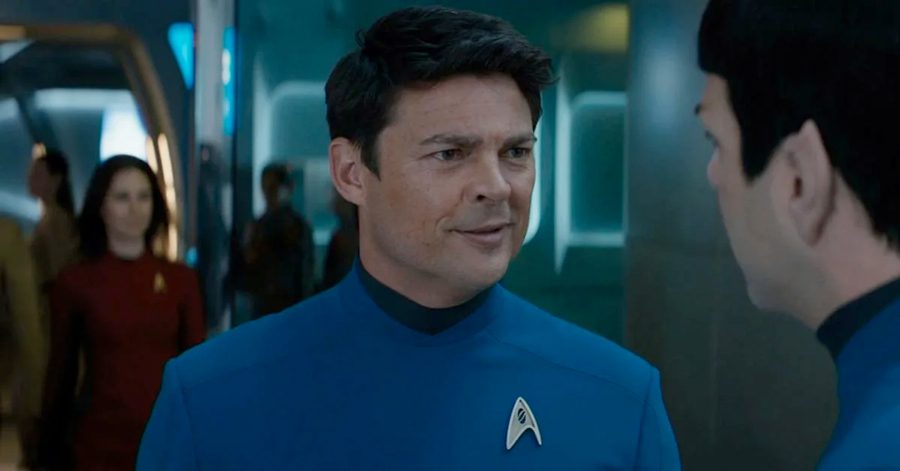
Image courtesy CBS/Paramount
The irony here? His was the casting that concerned me the most, as I’d already known of him from Lord of the Rings and The Bourne Supremacy. A tall, muscular, chiseled New Zealander–a man one of my female friends had called “super-hot”–as Bones McCoy? Seriously? And yet, it worked sooooo well. Urban, along with Pine, ended up being one of the trilogy’s best assets, reminding us not to prejudge. It was Michael Keaton’s Batman all over again, so you’d think I’d have learned my lesson about prejudging casting decisions.
As for the other leads (Zoe Saldana, Simon Pegg and John Cho), I find them all enjoyable in their respective roles, even if none of them seem much like their predecessors. Their performances diverge the most from what had come before, but it didn’t matter to me because they’re all talented actors and they endear me to the characters they’re playing. Pegg, in particular, looks and sounds nothing like Jimmy Doohan did–but he is hilarious as Scotty, so it’s all good.
Similarly, while Bruce Greenwood’s Christopher Pike is not very Jeffrey Hunter-like, he’s one of the 2009 film’s best characters. Plus, the very fact that we got a new story about Pike was amazing, and it led to Anson Mount’s very Hunter-like portrayal.
In short, I think other actors can and should play existing characters if it means more good stories. Star Trek: Discovery has hammered this point home, as I mentioned with my reference to Mount. From Spock and Pike to Number One, Mudd, Sarek, and Amanda, Discovery has done a great job of bringing back beloved characters and letting modern-day actors offer their own updated takes on them. I happen to think Tom Hardy was riveting as a young Picard clone in Nemesis, despite the movie’s scripting and directing issues, so I’ve never had a problem with recasting if it works. It’s not unprecedented–Robin Curtis made for a satisfying Saavik after Kirstie Alley’s removal, for example, while Nicole de Boer was fun as Ezri Dax after the death of Jadzia (though I’ll admit I did prefer both the original Saavik and the original Dax). As long as the casting and the writing are there, why not bring great characters back?
Peter Briggs: Agreed about Anson Mount and Pike. Mount totally makes the show for me. I’d love to write on Strange New Worlds. It’s the franchise installment that’s got me the most excited potentially about the franchise, since The Original Series (Although I had high hopes for Enterprise, I won’t lie.). I enjoyed Discovery, but it seems to be very “societal issues” oriented, as does much of television now. When Pike and the Enterprise came into Discovery, it got a whole lot more enjoyable. I hope the new show doesn’t take itself too seriously. I feel we’ve had enough of dark and grim imaginings, and it’s time for…what was that word again? Oh, yeah. “Fun”.
Jeff Bond: I really enjoyed season two of Discovery with Pike too, it definitely hit the right nostalgia buttons and I am very much looking forward to Strange New Worlds. It’s interesting though that it’s kind of a return to “white people in charge” with Pike, Spock and Number One and I wonder how they will balance that out (if Boyce is the doctor that’s another white guy). I’ve been frustrated by Discovery’s storytelling but one thing they hit out of the park in season three was representation–there are literally NO standard white guys in notable positions on the Discovery: you have black and brown men and women, gay men, lesbians, multiple trans characters and of course Saru. So on that level I think it’s quite daring and very much in keeping with what Trek has always strived for in terms of casting and characters. I have struggled with the whole concept of them being 900 years in the future, though, where for the most part things are pretty much the same–we have Starfleet, we have at least the remains of the Federation, a lot of the same aliens, same hairstyles and uniforms…at the end of season two I really thought they were flinging themselves into a totally alien, apocalyptic reality, but instead it’s very much like Voyager where the other side of the galaxy doesn’t look too different from this one…
Bob Greenberger: It looked good. It had some fresh faces. But no one, except Anton Yelchin, looked like a fresh cadet, already too old to be convincing as newly assigned officers. Another exception, as Rich notes, is Karl Urban’s pitch-perfect McCoy. The ship layout never made sense, especially the distillery substituting for engineering. I personally thought it was a mistake to use Spock and the split timeline concept as opposed to a fresh start for a new generation of fans.
It had promise which was immediately squandered with a wretched, ill-conceived sequel. I can’t believe Kurtzman said they spend four years between films trying to find the right story. Any of us on this list could have done that in less than a quarter of the time. Beyond was a redemption of sorts although making the antagonist a human, robbed it of being an interesting science fiction
Ian Spelling: Everything old is new again, and it was only a matter of time before Star Trek got the reboot treatment. I really enjoyed the first one. Good action, great casting, nice Nimoy cameo. Was it too much action, too many FX and not enough pure Trek? Sure. But it was entertaining as hell. And great music, too. It did the job of bringing Star Trek to a NEW audience. Star Trek Beyond did a nice job of building on the character development. We got interesting creatures. And it was fun.
Now, the SECOND film, I was not a fan of Into Darkness. The whole Khan bait and switch was unnecessary. The Kirk-Spock death scene swap left me cold, one because it was repetitive and two because the current Kirk and Spock still were getting to know each other and hadn’t earned the emotion of that moment. It took Prime Spock and Kirk two decades to earn the emotional payoff in Star Trek II. The team behind the Kelvin films had earned a lot of good will with the 2009 movie and probably would have been better off creating an original adventure rather than an alternate version of one of the best The Original Series films.
John Kirk: My problem with this film series is not with the cast. In fact, if there is anything applaudable I can find with it, it’s the casting. Though Chris Pine is my least favourite of choices in the triumvirate, there is no doubt that Quinto and Urban are perfect in their roles. Very much like the character of Captain Kirk supported by Spock and McCoy, they completely support Pine in his role.
I actually found Pine’s Kirk to be a blander, paler rendition of the Kirk I knew. While he copied Shatner’s sense of ego in the film, I found him less refined, less gentlemanly. Shatner’s Kirk was an officer and a gentleman in the Horatio Hornblower fashion Gene Roddenberry meant him to be. Abrams monkeyed around with his background, making Pine’s Kirk more rougher around the edges. I had difficulty taking him seriously in the role. He was a stand-in, to my mind.
Karl Urban stole the film, in my opinion. His incredibly accurate rendition of McCoy made me wonder if he had actually summoned and been possessed by the spirit of DeForest Kelley! He was entirely perfect and to this day, has become my all-time favourite screen actor.
Scotty, Sulu, Uhura and Chekov were also all fairly spot-on, in my mind. Even Winona Ryder as Spock’s mother was a delightful addition to the alumni of Trek actors. Simon Pegg brought humour and he particularly stood out.
The problem with characters was their modified backgrounds. The exception was Chekov (who was the fresh-faced cadet he was supposed to be). Because of Abrams’ decision to kill Kirk’s father and drastically alter the timeline, the nature of the characters was also radically changed. The characters we knew had to radically and swiftly be altered for the purposes of the story. If there was a criticism I would level, it would be that they were hurriedly introduced to satisfy Abrams’ desire to put his own mark on a franchise that he is on record for stating that he didn’t like.
Jeff Bond: Chris Pine’s Kirk is different, but that’s the whole concept of the Kelvinverse, “what if James Kirk was a different person?” I agree that I much prefer the “stack of books with legs” James Kirk, the philosopher/warrior of the TV series, but Pine’s Kirk became the mass audience’s entry way into Star Trek and that worked very well for one and a half films.
John E. Price: I love the cast of the Kelvin films and I really enjoyed Star Trek 2009.
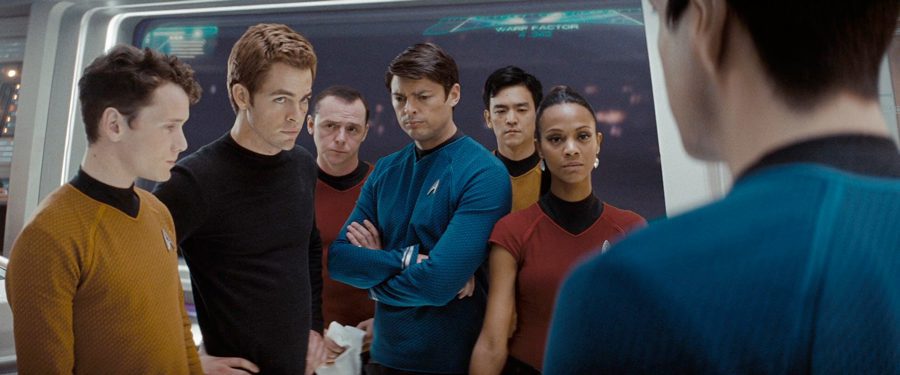
Image courtesy CBS/Paramount
It’s a dumb action movie with bad dialogue and a ridiculous ending, but hey, it’s fun. I was dreading a bad Shatner impression but Chris Pine did a great job making the role his while not reimagining the character entirely. Quinto was ok, and I liked the shift to make Uhura a more central character, but the best casting was Karl Urban as McCoy. If the Bad Robot people could write a competent movie, I’d wish for ten more. Unfortunately, they lost all credibility when they made Star Trek Into Darkness – the single worst thing ever made under the Star Trek franchise banner.
Larry Young: I always think of the J.J. films as an alternate universe, so I don’t really sweat the stuff that doesn’t work or is “wrong” in some way to me as an audience member; anything past 1985 was always going to be “close-enough” in terms of The Original Series adventures, so why not recast and go frothy? All that is doing is turning Kirk and the boys into iconic entertainment roles that outlive the original actors which, for me, is a good thing. It won’t take long for “James T. Kirk” to become a role like “Macbeth” or “Willy Loman.” Every actor is going to take a swing.
(Continue Reading)d d




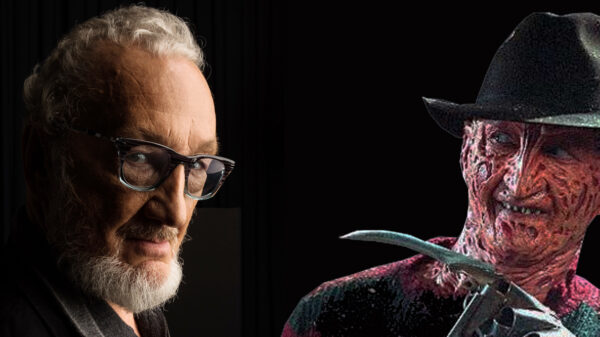
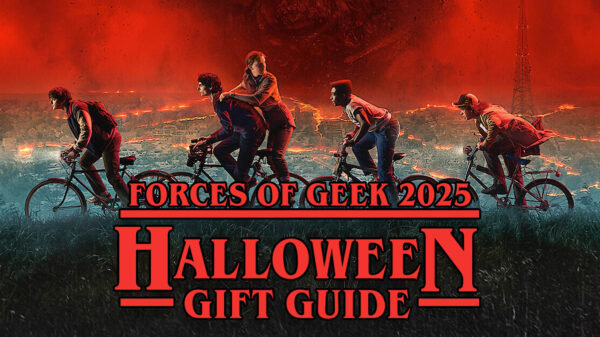
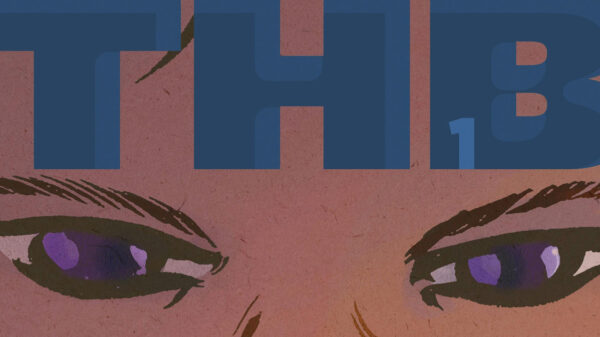

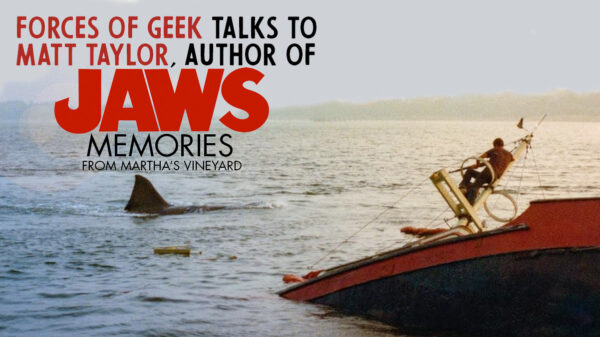
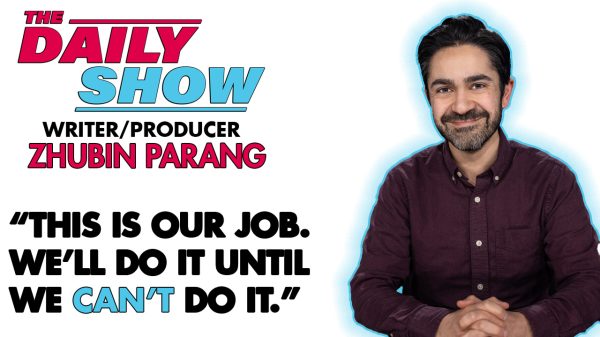
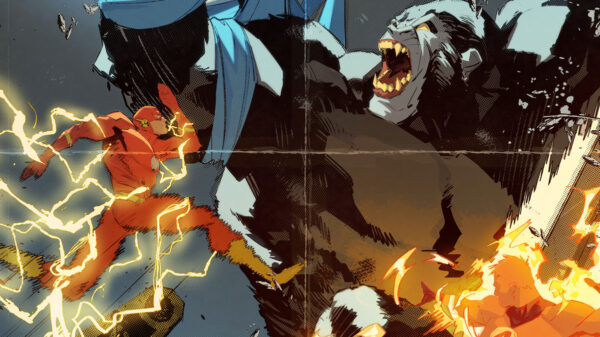
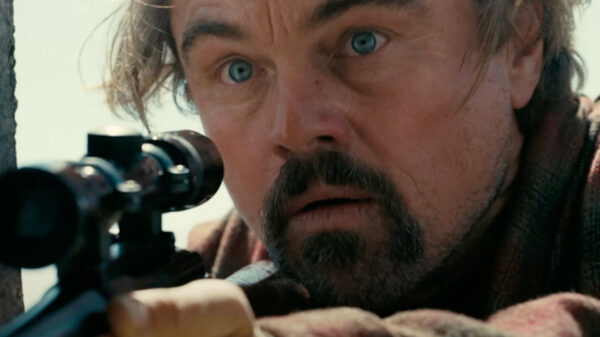
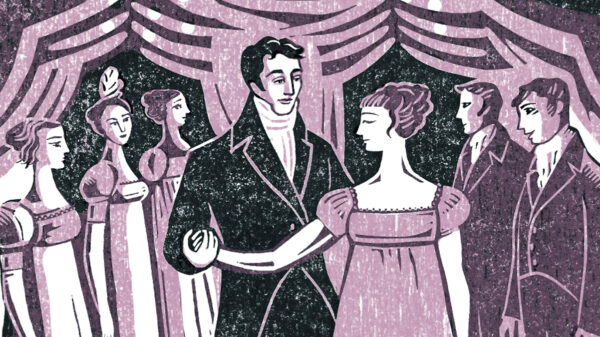
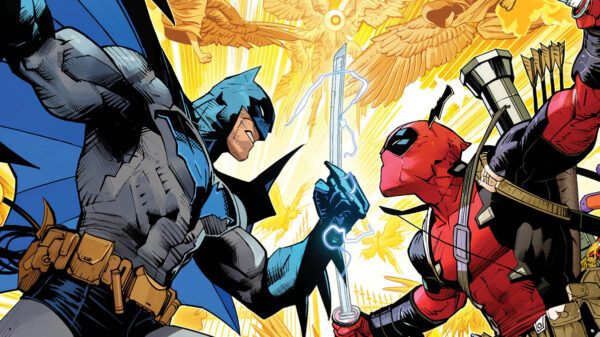
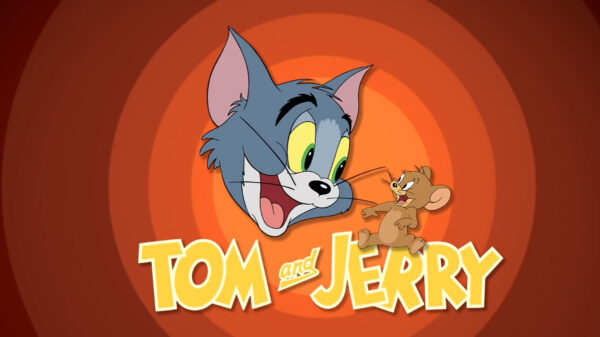



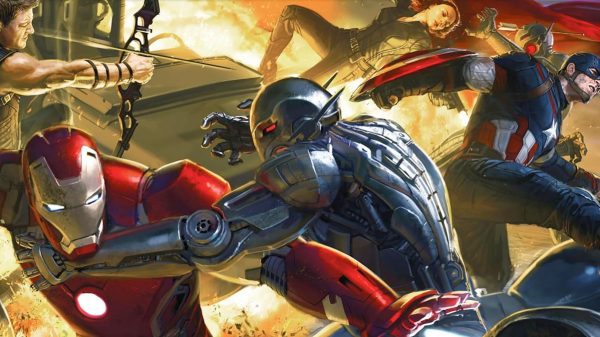

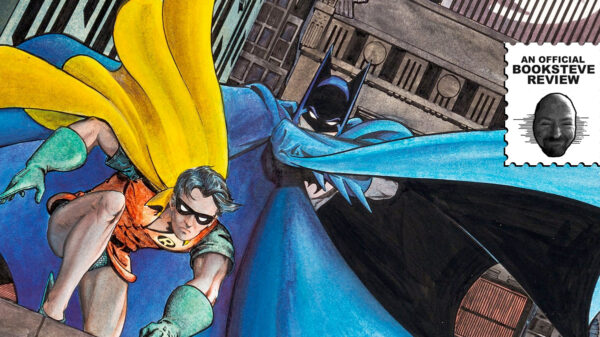
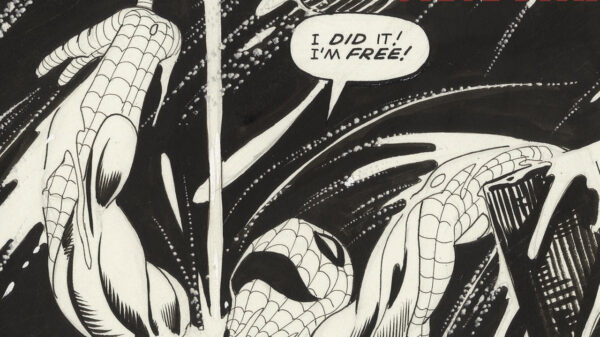
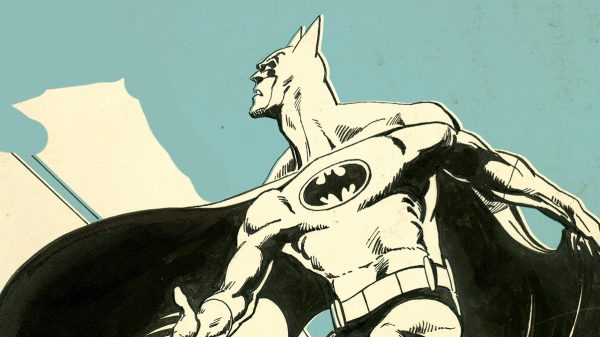

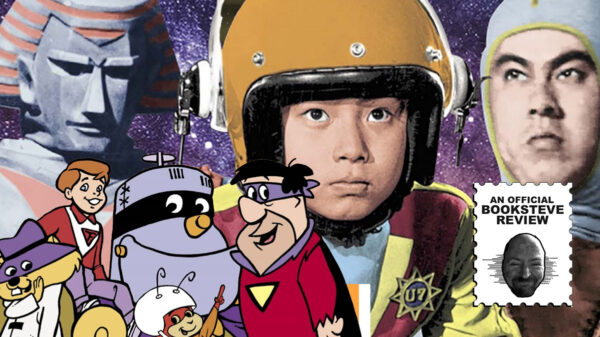
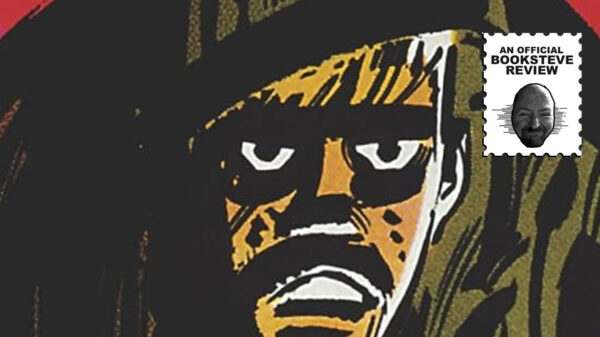
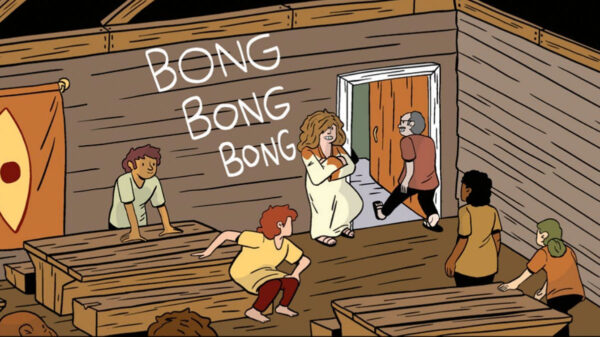
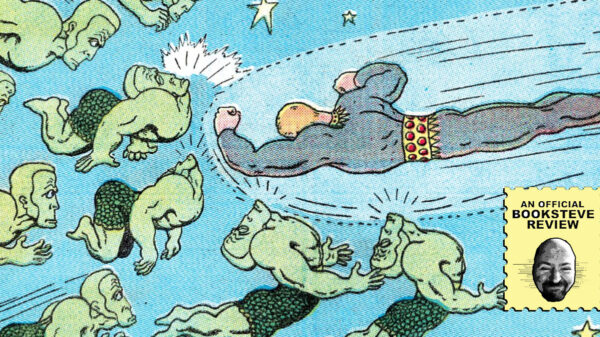
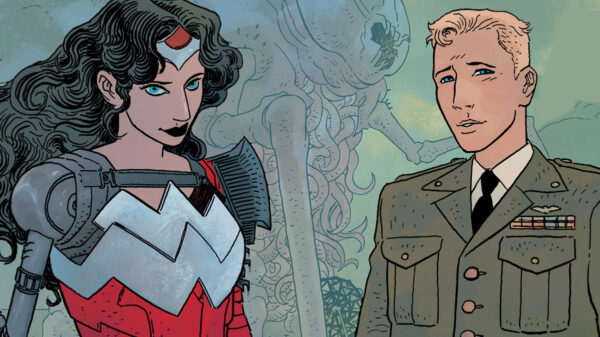




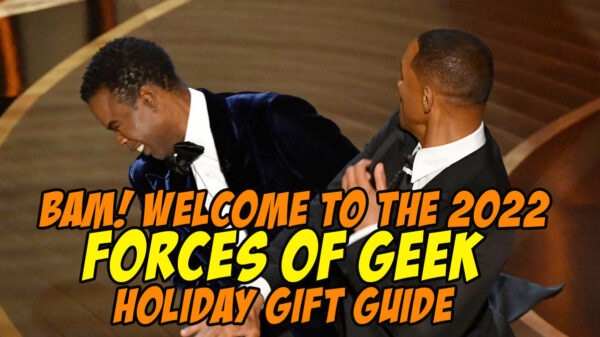




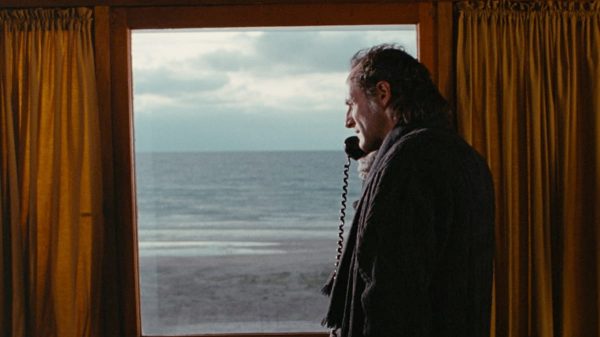
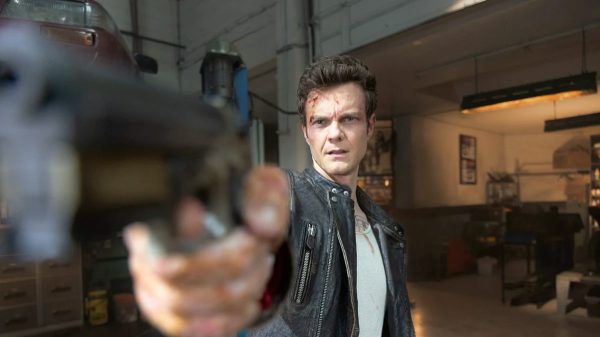
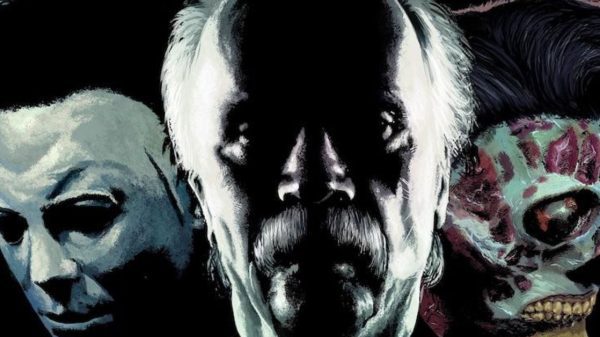
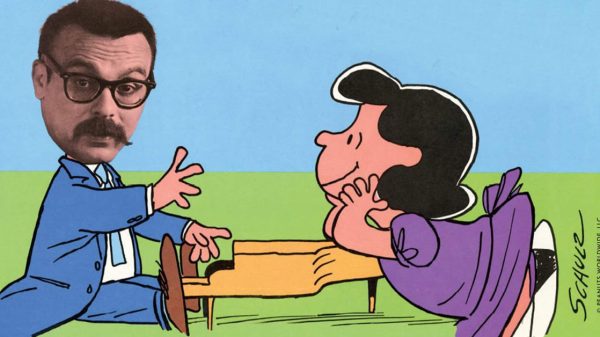
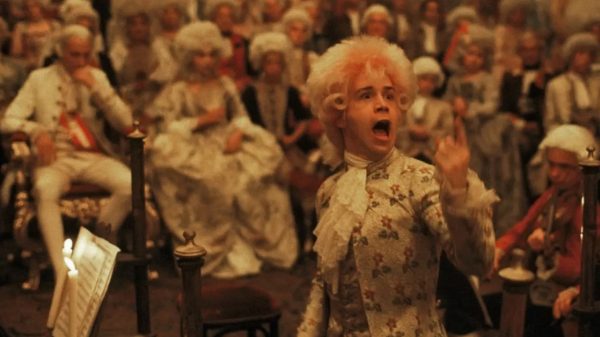











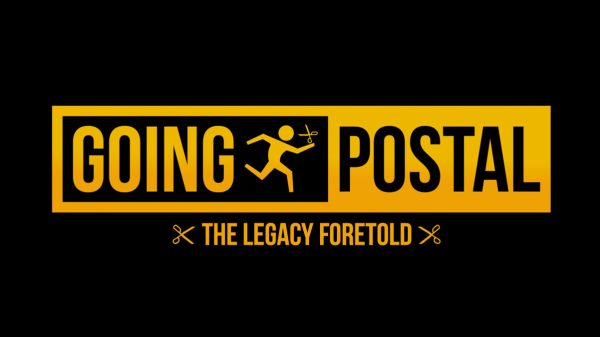
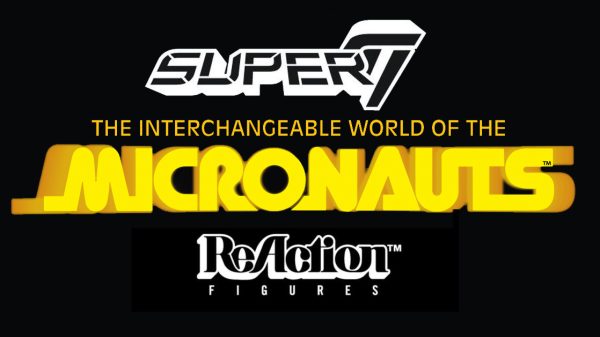
















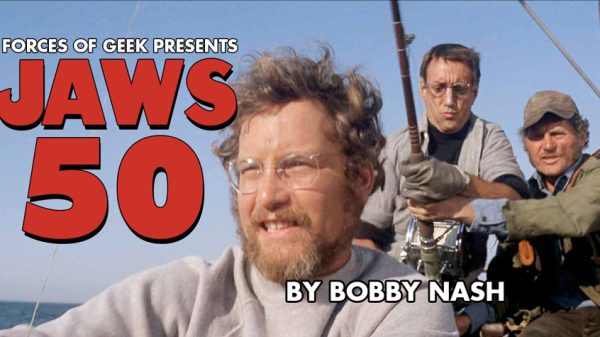









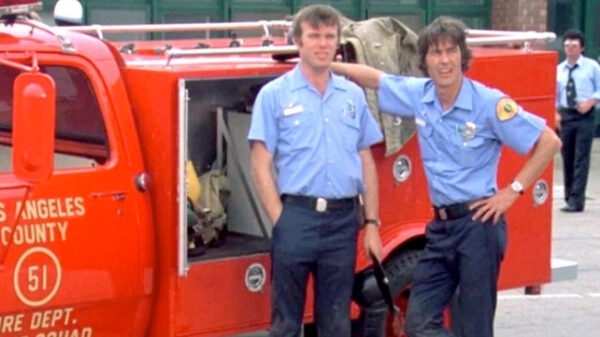
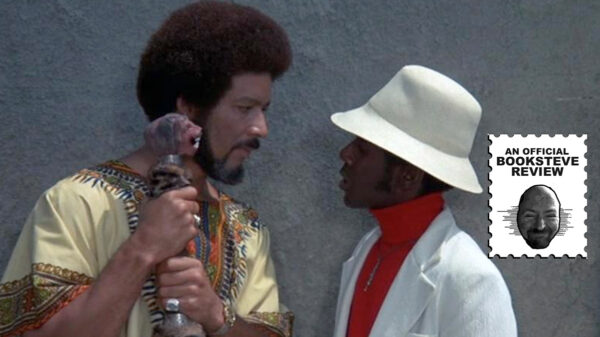
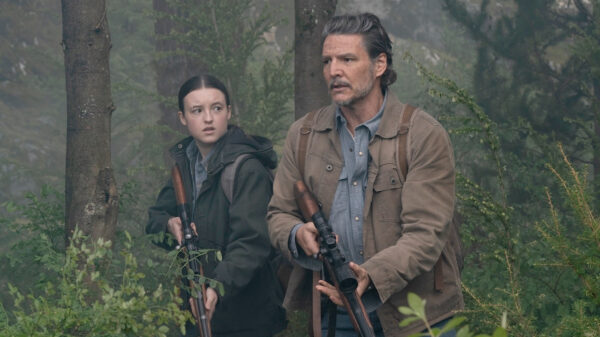




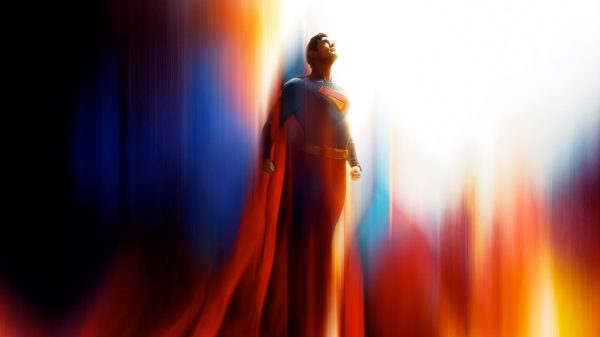
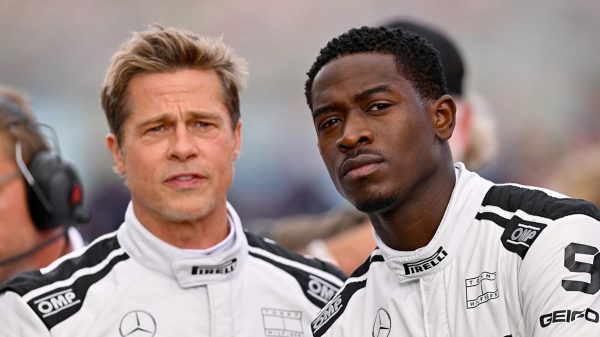
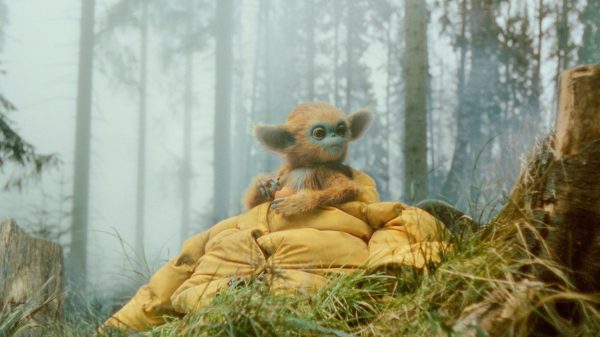



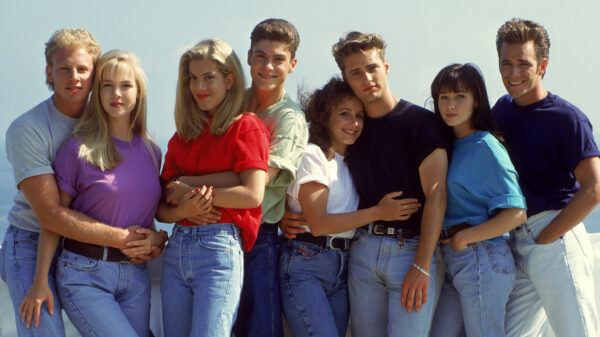
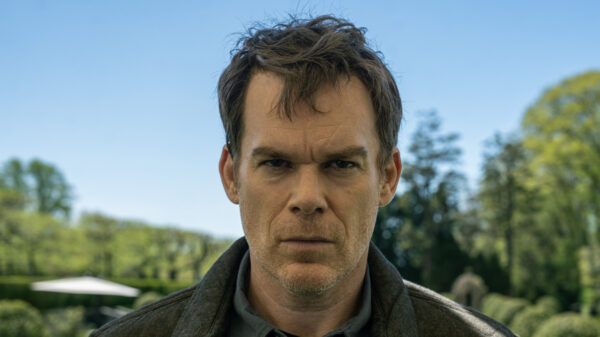
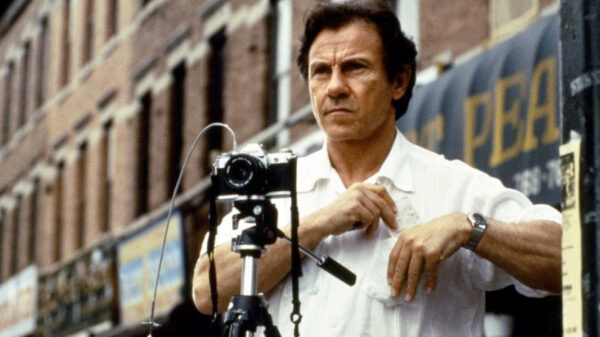
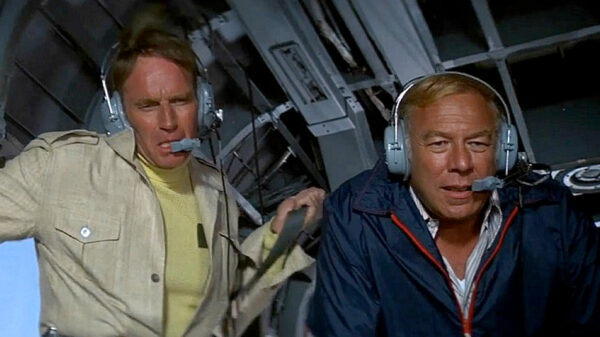
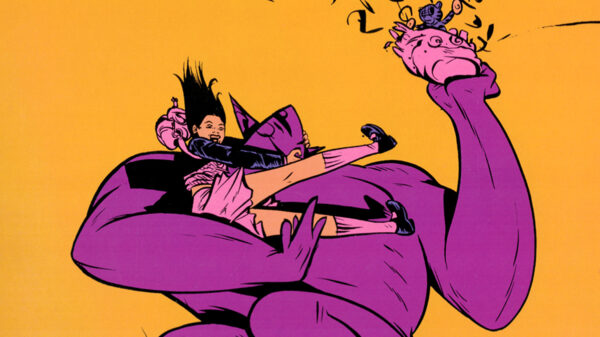
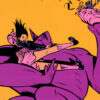
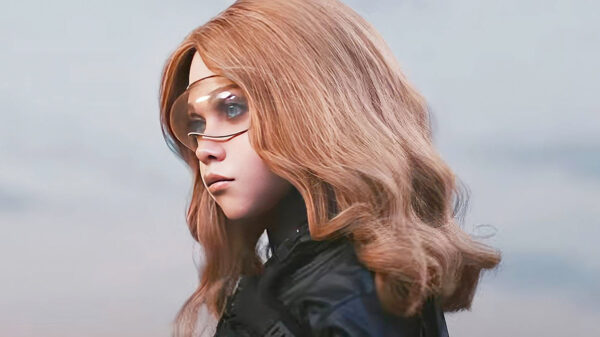

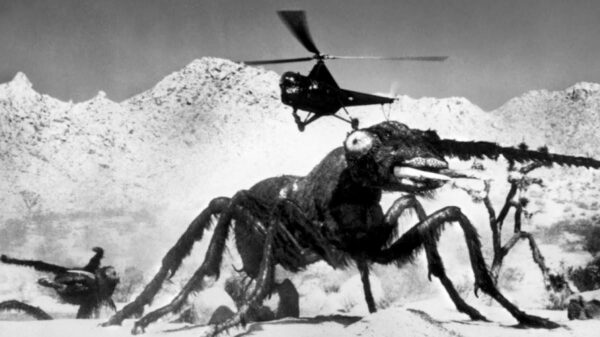
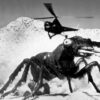
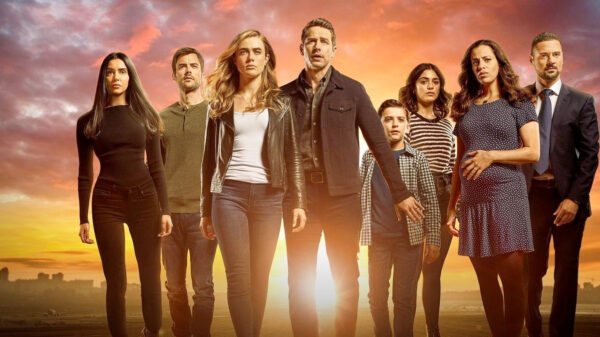

You must be logged in to post a comment Login